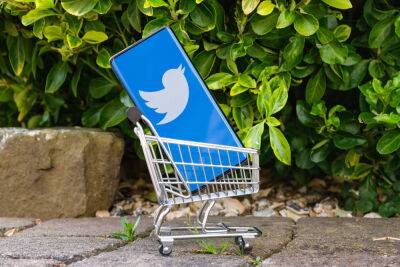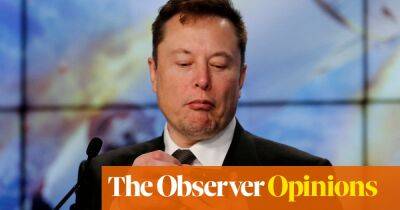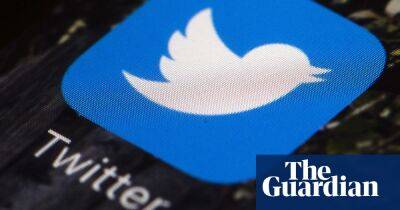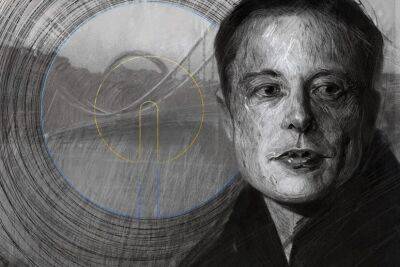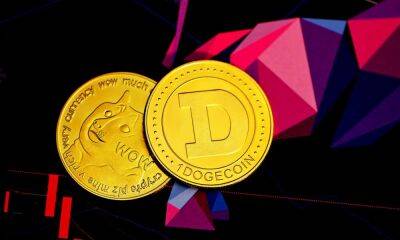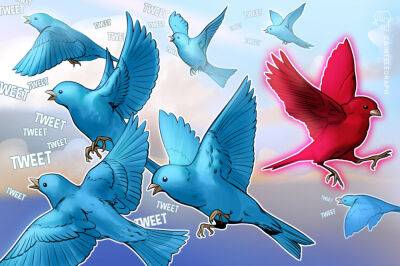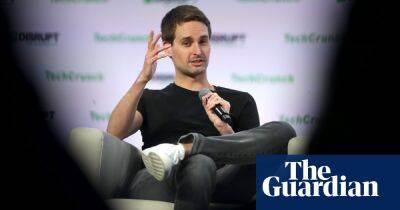What’s the best thing that Elon Musk can do with Twitter? Delete it
Well, it’s happening then: Elon Musk, one of history’s least inspiring Saturday Night Live hosts, has agreed to buy Twitter for approximately $44bn. I cannot in any realm understand why he has decided to buy the website I go to every day to embarrass myself on, but this is less about the deal and more about Musk himself: not uncool, exactly (although it is impossible to be cool and be a billionaire, and yes this does include Rihanna), but a man who creaks and vibrates with a desperate-to-be-liked-by-the-cool-kids energy that most of us shook off towards the end of secondary school. I should not be able to so palpably see that a billionaire wants me to like him. I should just be living in a constant terror that he is going to explode the moon, like every good billionaire should always be threatening to do.
Anyway, now is as good a time as any to assess the state of Twitter: it is not dead but definitely dying, and not because Musk has bought it (though the fact that Twitter was willing to effectively sell Twitter is frankly a red flag). The thing with social media platforms is that every one of them eventually dwindles down to something removed from the original bright kernel of the idea that made them – it is such a shame that David Fincher made such a cool film about the founding of Facebook, which is now just essentially a car boot sale that Candy Crush mums and dads “who remember proper bin men”get radicalised on – and Twitter is no different: the bizarre way the timeline never loads in sequential order; that doomed experiment with “fleets”; the fact that every viral tweet eventually sours – the user who tweeted it choosing like clockwork to sell galaxy projectors in a sponsored follow-up post.
But also, fundamentally,
Read more on theguardian.com

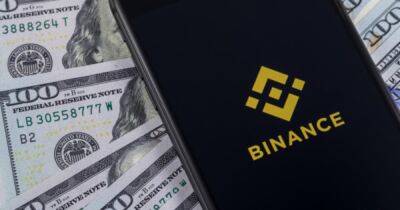
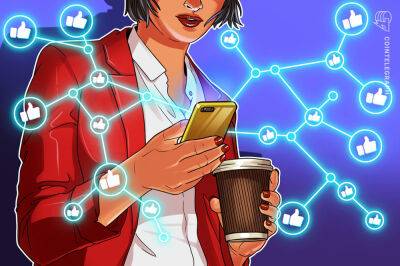
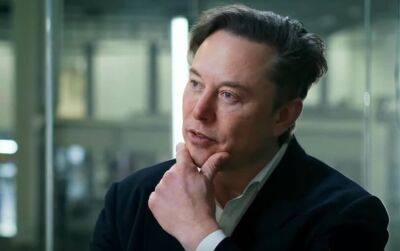
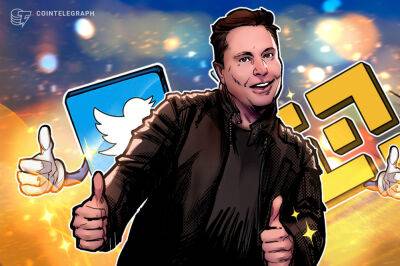
![Elon Musk - Elon Musk’s latest NFT gesture on Twitter had this effect on ApeCoin [APE] - ambcrypto.com - city Santiment - city Santimentthe](https://finance-news.co/storage/thumbs_400/img/2022/5/4/24313_mrp.jpg)
![Elon Musk - Dogecoin [DOGE] is firmly in doghouse for now, but could a rally come around - ambcrypto.com - city Santiment - city Santimenthowever - city Santimentwhile - city Santimentis](https://finance-news.co/storage/thumbs_400/img/2022/5/4/24297_zcxzt.jpg)
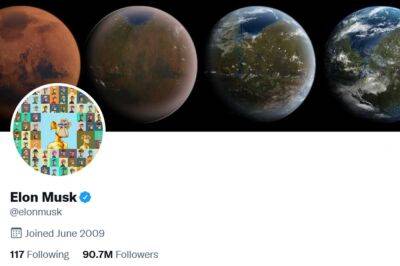

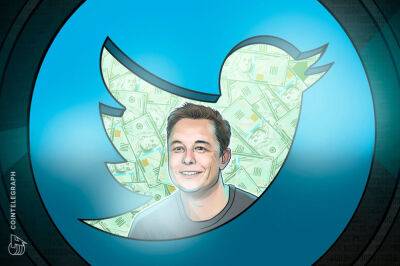
![Elon Musk - The culprit behind Avalanche [AVAX] falling out of the top 10 crypto list could be… - ambcrypto.com - city Santimentwhile - city Santimenton](https://finance-news.co/storage/thumbs_400/img/2022/5/2/23982_ut9a.jpg)

